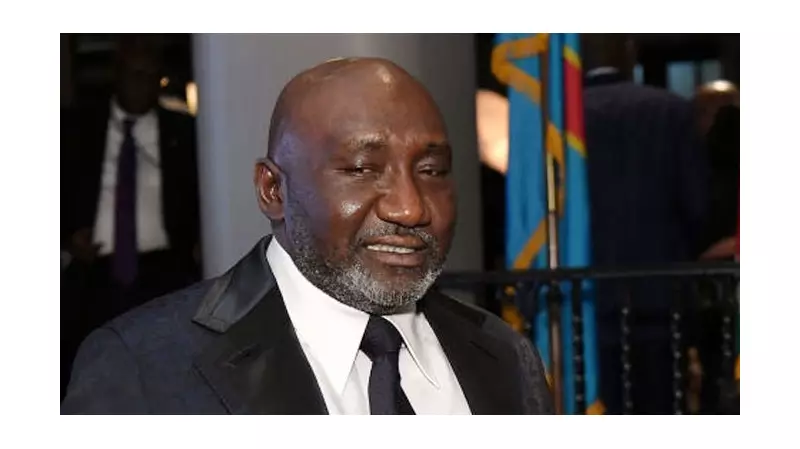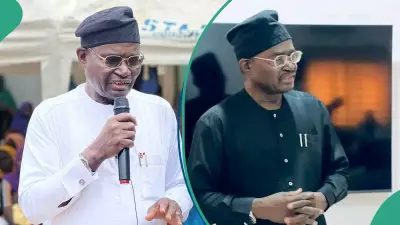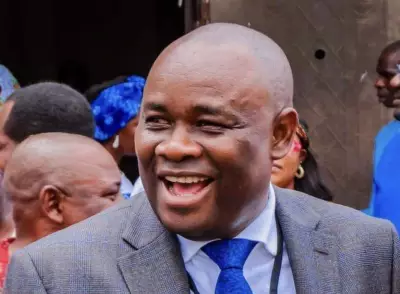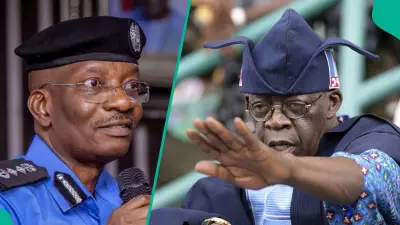
In a significant development that has captured national attention, the Court of Appeal in Abuja has reserved judgment in the high-profile legal battle between Nigeria's anti-corruption agencies and Benedict Peters, the prominent billionaire founder and CEO of Aiteo Group.
The Core of the Legal Controversy
The case centers around serious allegations of money laundering totaling a staggering N19.2 billion. Both the Economic and Financial Crimes Commission (EFCC) and the Attorney-General of the Federation (AGF) have joined forces in this prosecution, marking it as one of the most significant financial crime cases in recent Nigerian legal history.
Court Proceedings and Legal Maneuvers
During the recent court session, a three-member panel of justices, led by the distinguished Justice Joseph Oyewole, heard extensive arguments from all parties involved. The courtroom was filled with anticipation as legal counsel presented their final submissions.
The prosecution team, representing both the EFCC and AGF, made compelling arguments supporting their case against the energy magnate. Meanwhile, Peters' defense team mounted a vigorous counter-offensive, challenging the fundamental basis of the charges and the jurisdiction of the court.
Background of the Case
This legal drama has been unfolding over several years, with the EFCC initially filing charges against Benedict Peters in 2016. The case has seen numerous twists and turns, including international dimensions that have drawn attention beyond Nigeria's borders.
Aiteo Group, under Peters' leadership, has grown to become one of Nigeria's leading indigenous energy conglomerates, making this case particularly significant for the business and energy sectors.
What Happens Next?
With judgment now reserved, all parties must await the Court of Appeal's decision. The legal community and business sector are watching closely, as the outcome could have far-reaching implications for:
- Nigeria's anti-corruption efforts
- Corporate governance standards
- Foreign investment perceptions
- Legal precedents in financial crime cases
The court has not specified when the judgment will be delivered, leaving the Nigerian public and international observers in suspense regarding this landmark case that pits one of Africa's wealthiest businessmen against Nigeria's formidable anti-corruption machinery.






